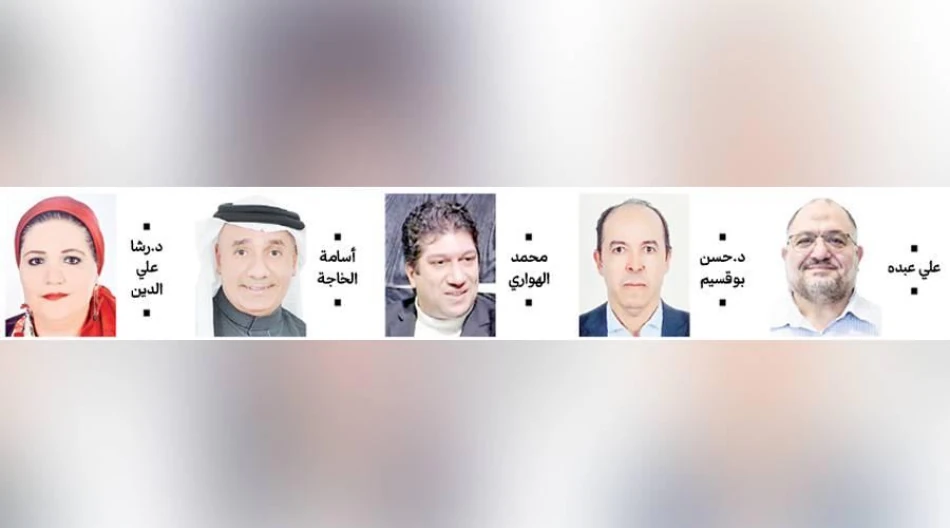
Revamped Leadership: New Appointments Strengthen Arabia's Science and Tech Council
Arab Science Foundation Elects New Board Members to Drive Regional Innovation
The Arab Science and Technology Foundation has elected five new board members to its 26th board of directors, marking a strategic push to strengthen geographical and specialized representation across the Arab world. The appointments reflect growing emphasis on environmental restoration, nuclear engineering, fintech, and international law as key pillars for the region's scientific advancement.
New Leadership Brings Diverse Expertise
The newly elected board members will serve four-year terms and bring specialized knowledge across critical sectors. Dr. Hassan Bouqasim contributes expertise in environmental science, ecological restoration, and innovation management—areas increasingly vital as Gulf states pivot toward sustainability. Dr. Ali Abdo brings nuclear engineering and reactor physics experience, relevant as the UAE and Saudi Arabia expand their nuclear energy programs.
The financial technology sector gains representation through Osama Al-Khajah, whose background in accounting, investment, and fintech aligns with the region's digital transformation initiatives. Mohammed Al-Hawari adds scientific journalism expertise, while Dr. Rasha Ali Al-Din brings international private law, arbitration, and contract specialization—crucial as Arab nations navigate complex international partnerships.
Strategic Geographic Expansion
The selection process deliberately targeted underrepresented regions including the Arabian Peninsula, the Nile Valley and Horn of Africa, and the Maghreb. This geographic diversification mirrors successful models used by international organizations like the World Economic Forum and reflects the Foundation's ambition to become a truly pan-Arab scientific institution.
Growing Influence in Regional Innovation
Founded in Sharjah in 2000 under the patronage of Sheikh Dr. Sultan bin Mohammed Al Qasimi, the Foundation now encompasses over 50,000 scientists and innovators from within and outside the region. This scale positions it as a significant player in the Arab world's knowledge economy, comparable to established regional bodies like the Islamic Development Bank's science initiatives.
Foundation President Dr. Abdullah Al-Najjar emphasized that the new appointments represent a crucial step toward enhancing the council's geographical and specialized representation, strengthening the institution's capacity to achieve its scientific and technological objectives.
Market and Investment Implications
The emphasis on fintech and investment expertise signals the Foundation's recognition that scientific advancement requires sophisticated funding mechanisms. As sovereign wealth funds from the UAE, Saudi Arabia, and Qatar increasingly invest in technology startups, having specialized financial expertise within the Foundation's governance structure could facilitate better coordination between research institutions and capital markets.
The nuclear engineering representation also reflects the region's substantial investments in nuclear energy, with the UAE's Barakah plant operational and Saudi Arabia planning multiple reactors. This expertise could prove valuable for knowledge transfer and regulatory harmonization across Arab nuclear programs.
Competitive Selection Process
The election process, managed by a central committee led by Dr. Hanan Melkawi, the Foundation's Vice President, demonstrates institutional maturity. From 95 initial candidates narrowed to 16 finalists, the competitive selection suggests growing interest in Arab scientific leadership roles—a positive indicator for regional research capacity building.
The structured approach, targeting specific geographical regions and technical specializations, indicates strategic planning that could enhance the Foundation's effectiveness in coordinating scientific initiatives across diverse Arab markets and regulatory environments.
Most Viewed News

 Omar Rahman
Omar Rahman






